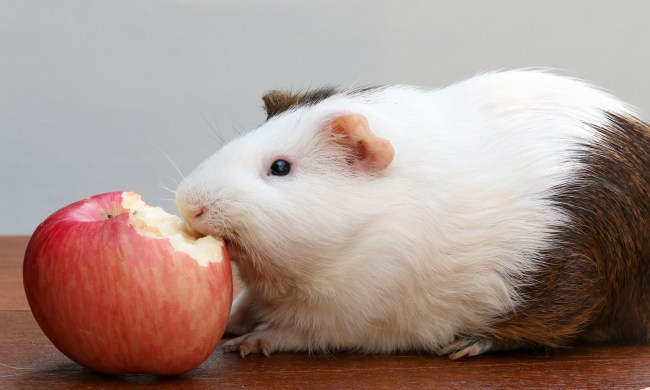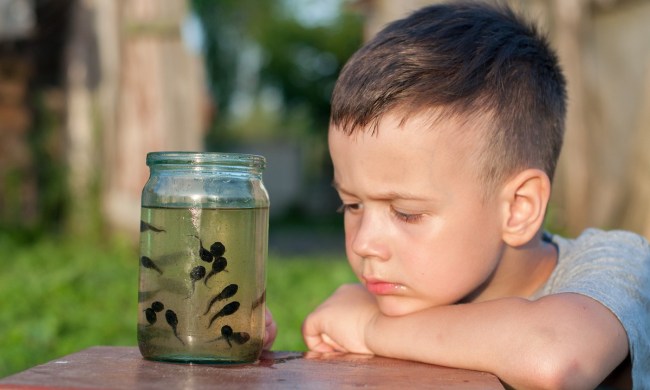We know how much we love our pets. The question is if they love us, too. It can be tricky to tell how animals feel since they can’t tell us about their moods. But that doesn’t mean we can’t ever figure out what’s in the minds of our furry friends.
Guinea pigs in particular make a lot of interesting noises and show postures that help us decipher their thoughts and feelings. By paying close attention to your little guy and learning a bit about how he thinks, you can get a pretty good sense of his inner goings-on. And you won’t have to watch very long to confirm that your guinea pig loves you.
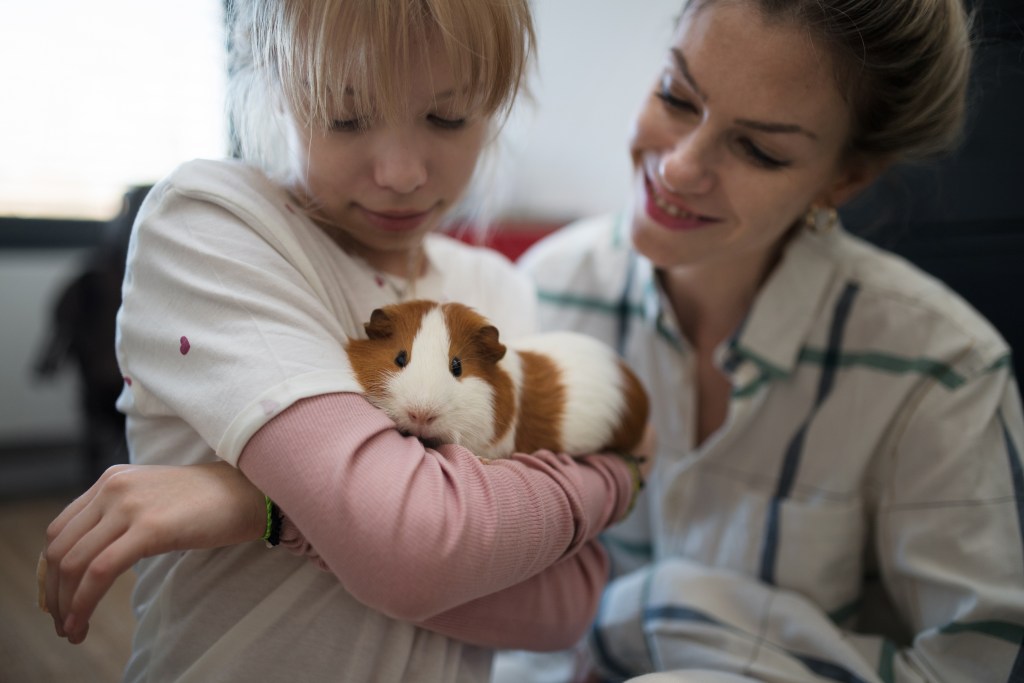
Watch how he reacts to you
There’s one easy way to tell if your piggy loves you: he’ll squeal with delight when you walk in and rush to your side. Once you’ve bonded with a small pet, he looks to you for treats and snuggles. He’ll want your love and affection just as he gives it in return. You should be able to figure out if he enjoys being held and stroked — look especially for him to climb onto you and attempt to follow you, either with his body or with his eyes if he’s securely in his cage.
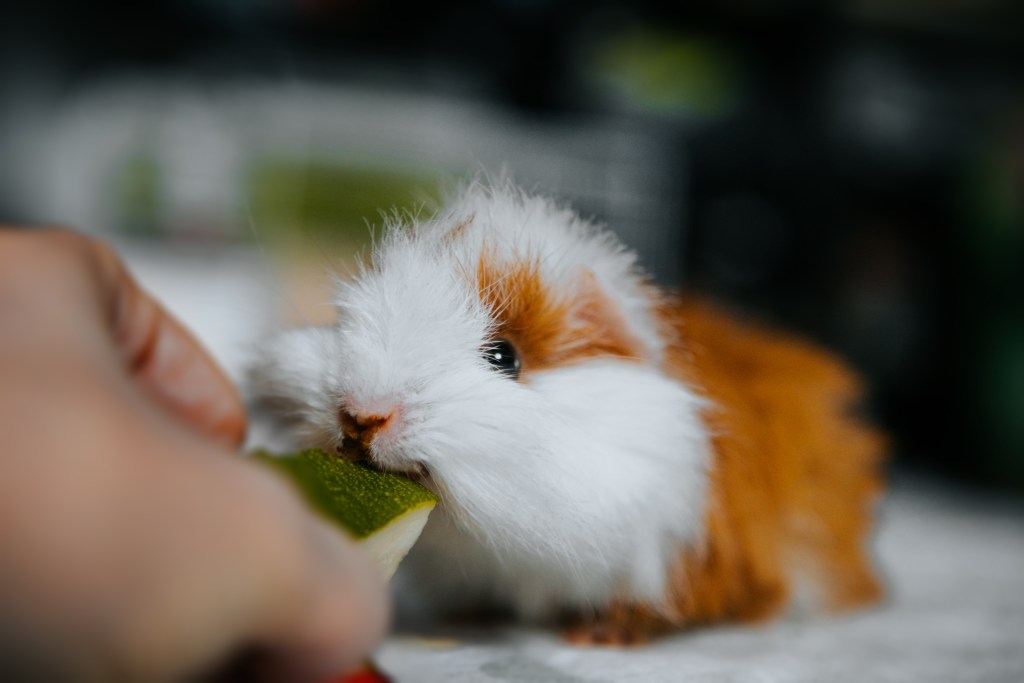
Pay attention to his sounds
You can learn a lot by listening a little. Guineas in particular make some weird noises, many of which are counterintuitive. A quick series of purrs, for example, often signals stress or anxiety, while a long humming purr conveys contentment. Every critter is different too, so after you study up, you’ll need to pay close attention to your particular pet to get a good sense of who he is. In general, though, a guinea pig who seems to want to talk to you loves you. A lot of chatter is a good thing, even if it’s a bit much sometimes.
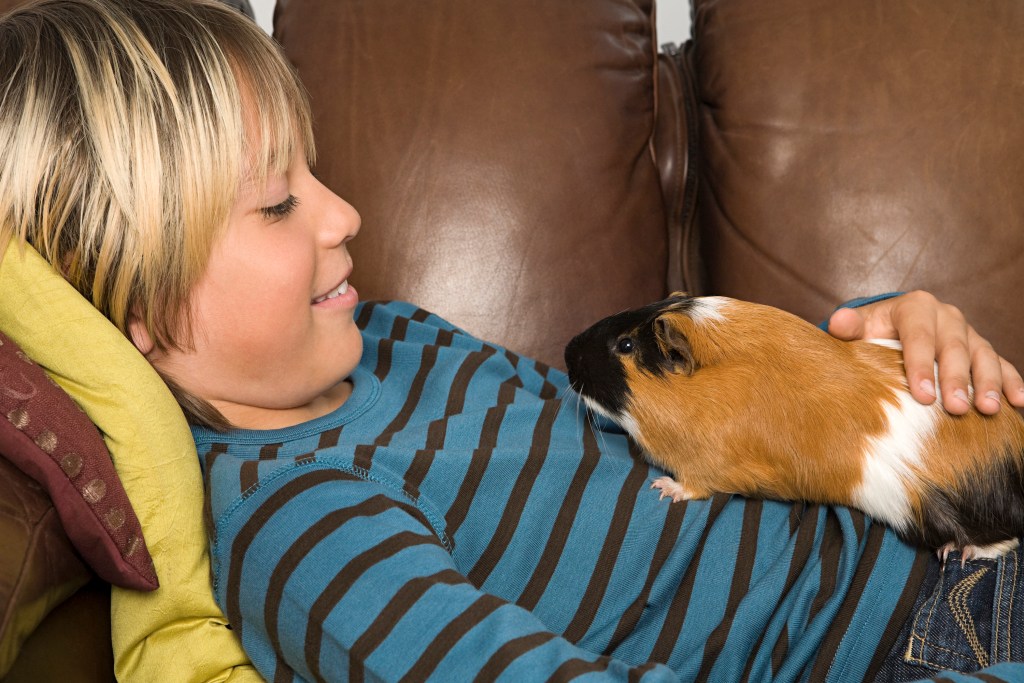
Monitor his habits
We know that owning an animal companion means wading through a lot of bathroom material. As with many other creatures, you should track his digestive system (both in and out, unfortunately) to look for signs of illness. You’d be surprised how much this will tell you about your pet since even a little stress can cause him to suffer poo problems. Giving treats will bond the two of you and keep him happy to see you, so his response to his snacks should give you some good intel, too.
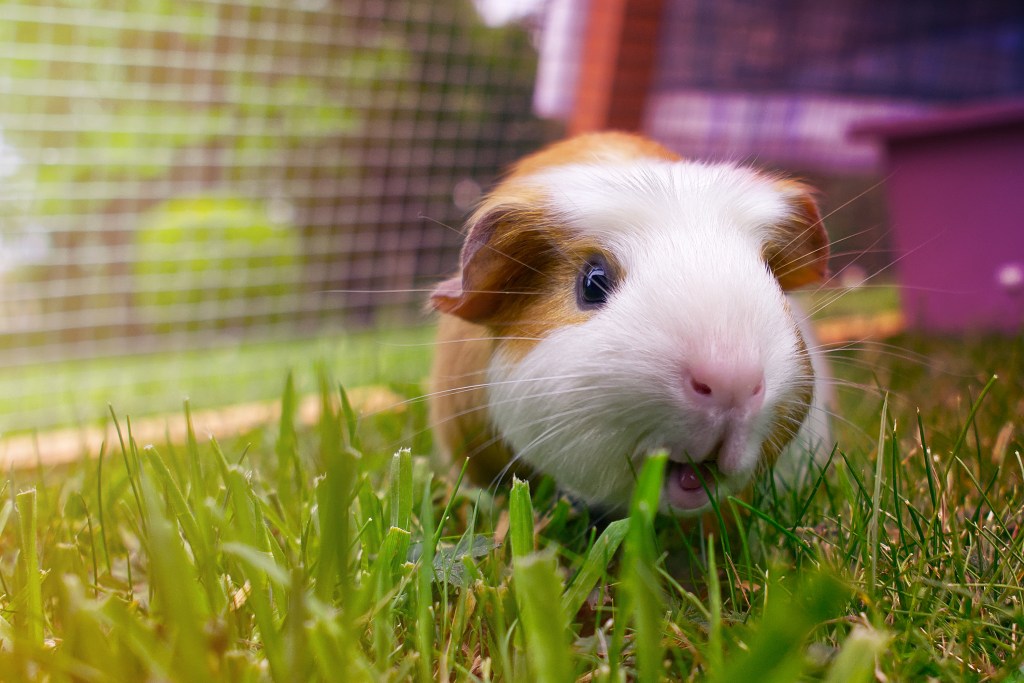
Watch him play
A happy pet is a playful pet. Seeing your animal engage with his toys and enjoy exercise indicates that he’s happy and well cared for. Along these lines, keep him well-stocked with objects providing enrichment like chew toys, tunnels, and balls. It doesn’t take long for our tiny friends to get bored, which is why we have to frequently offer them new objects and mix it up for them. When they feel good, they’ll chew quickly through every new offering — that’s OK. It just means they’re acting like a normal guinea pig.
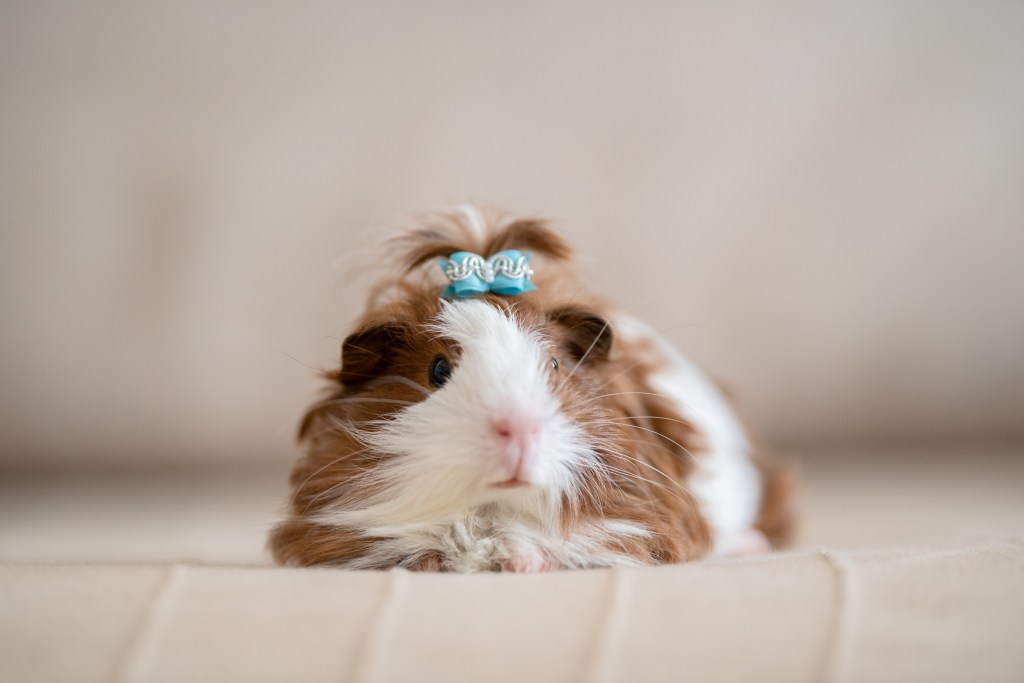
Give him space when he needs it
Even the best of friends sometimes want a little space from each other. Don’t take it too hard if your furry friend wriggles out of your grasp every now and then — just give him a minute to hide in his cage until he comes to you on his own. Still, do watch for signs that your piggy has not acclimated properly to human touch. He’ll need to be handled every single day to maintain his love of people and his bond with you. Lastly, while very gentle nips might be affectionate, a biting pet requires more serious intervention and training.
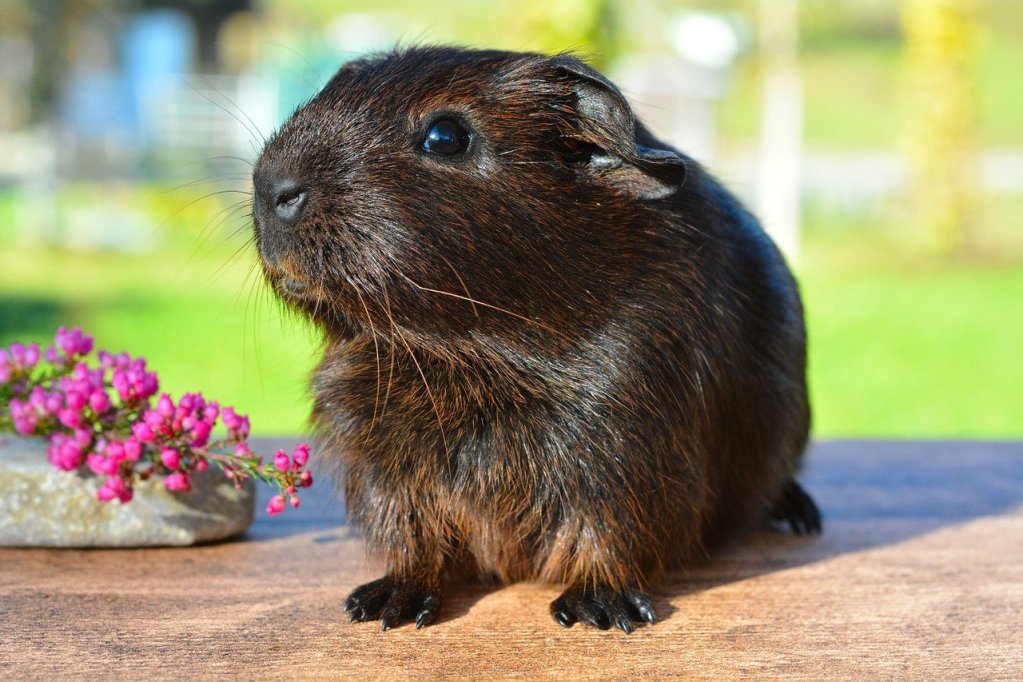
Give it time
Bonding with an animal takes time, and he might not take to you instantly. In fact, we recommend giving new additions to your home some room for the first couple of days while they acclimate. Then start approaching with food and offering your hand for a few pats after his meal. Eventually, you’ll graduate to full-on petting and holding (although some small pets don’t like to be picked up, ever). Pretty soon, your animal will adore being held and will rush to be let out of his cage every time he sees you come in. Then you’ll be sure that he loves you.

